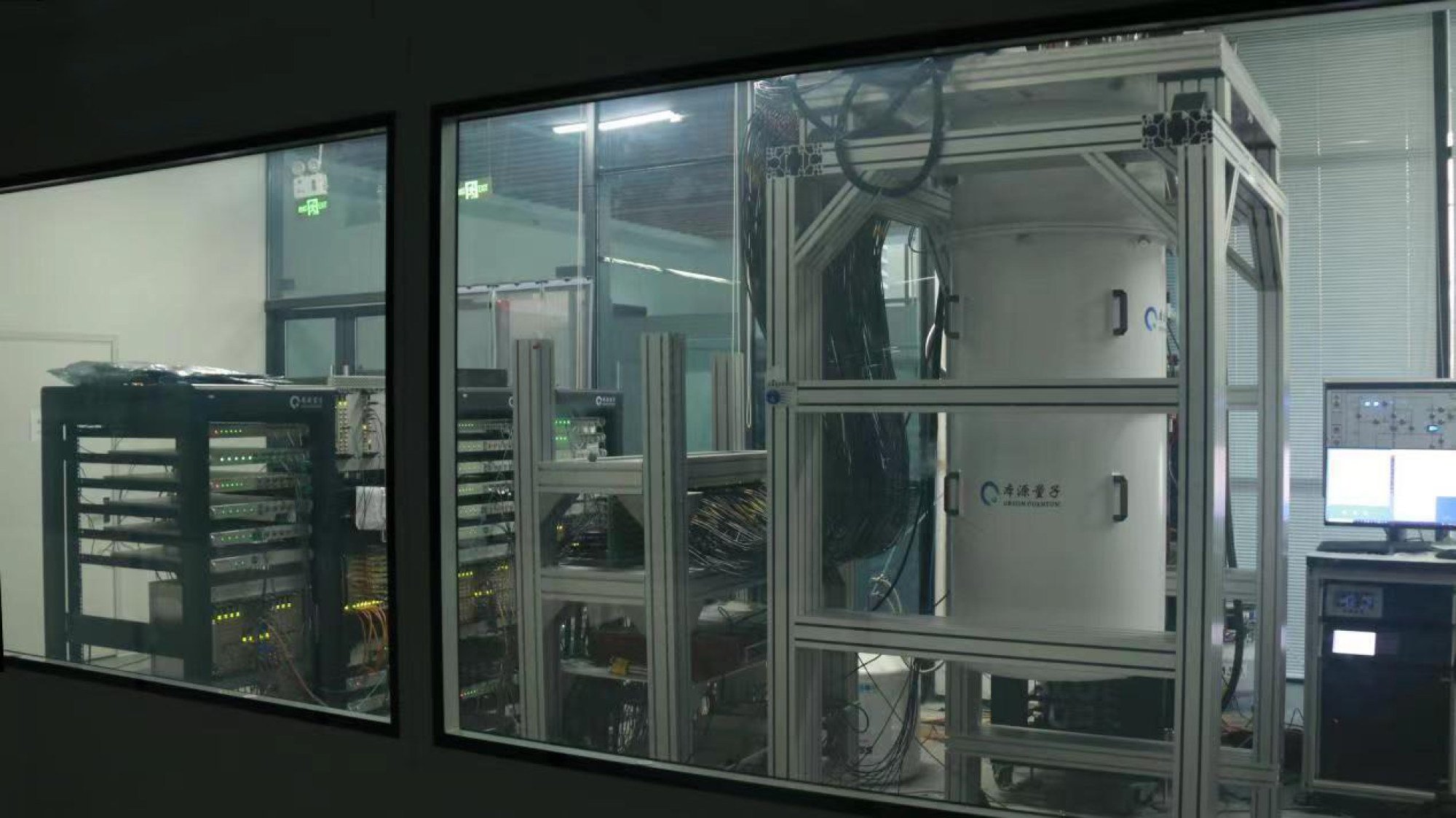Helium is used as a coolant for research and applications that need extreme cold, but it’s in short supply. International team says ‘supersolid’ material has potential for achieving the ultra-low temperatures needed. — SCMP
A Chinese-led team of scientists say they have found a new material that could be used to create the ultra-low temperatures needed for hi-tech applications such as quantum computing.
It could be a significant development for China, which depends on imports of helium – the coolant used for this purpose – from countries including the United States.
As their tech war heats up, China also faces the threat of the US restricting access to the dilution refrigerators needed to create an ultra-cold environment, which a researcher involved in the study says are already hard to obtain.
Liquid helium – through cryogenic technology – has been used as a coolant for nearly a century in research and applications that require extreme cold, from medical equipment to deep space exploration.
But helium is a scarce resource, and demand is growing for its use in hi-tech industries. That is especially true for helium-3, a rare isotope that is more effective as a coolant in extreme conditions and mainly comes from ageing nuclear warheads.
Driven by the need to find an alternative to the helium-based cooling system, the international team – led by researchers at a Chinese Academy of Sciences laboratory in Beijing – went looking for a solid material that could achieve big energy changes by changing its state.
After years of experimentation, they discovered a cobalt-based quantum magnetic material that is “supersolid” – meaning it has a solid structure but also behaves like a fluid.
But the scientists said it was also observed cooling to below 1 Kelvin and could potentially be used to achieve ultra-low temperatures.
The lowest possible temperature in physics is -273°C, or 0 Kelvin (-459°F), according to the third law of thermodynamics. Physicists define ultra-low temperatures as being between 0 and 4.2 Kelvin, and that is the range needed to develop cutting-edge technologies, including in quantum computing.
“It’s really an emerging frontier,” said Sun Peijie, a professor with the Beijing National Laboratory for Condensed Matter Physics at the CAS and a co-corresponding author of the study.
He said scientists had only in recent years seen the potential for using solid state to achieve ultra-cold temperatures, and this research was only being conducted by a small number of scientists around the world.
The team’s findings were published in the peer-reviewed journal Nature on Jan 11. The research was carried out by scientists from institutes including the CAS lab, Beihang University’s School of Physics, and the Institut Laue-Langevin’s Jülich Centre for Neutron Science in France.
“This study shows that we can theoretically achieve extremely low temperatures without relying on helium,” Sun said.
The shortage of helium, especially helium-3, is a challenge for China as it races to develop quantum technologies.
In 2022, 94% of China’s helium was imported – most of it from Qatar, followed by the US and Australia.
According to Sun, China “has no helium-3 at all and is almost always dependent on Russia and the United States” for the isotope.
But he said the research team’s progress should not be overinterpreted and they could not yet replace helium. He said it was still at an early stage and the material had limitations, including that it would have to be used in an environment where the temperature was already at about 4 Kelvin.

Most quantum machines, from computers to satellites, use basic units of information called qubits, or quantum bits – like the digital bits used in conventional computing. But qubits are sensitive and easily disturbed by heat so they must be kept at extremely cold temperatures close to 0 Kelvin.
“All quantum technologies, including quantum communications and quantum computing, almost invariably require an ultra-cold environment,” Sun said.
Creating that environment can only be done with a dilution refrigerator – a piece of equipment China has had more difficulty obtaining from overseas in recent years, according to Sun. He said that had “seriously stifled the development of China’s quantum technologies”.
Beijing has made it a national priority to support Chinese production of this key technology and significant investment has already gone into it. In October, Origin Quantum became the latest Chinese company to announce it had produced a dilution refrigerator, according to a report in the official Science And Technology Daily.
Sun said the team had developed devices to replicate and apply their experiments in certain environments, but noted there was still a long way to go and engineering issues to overcome before it could have any widespread applications.
He said the study could also be a starting point for further discussion and research in fundamental physics.
“For half a century it has been thought that supersolids exist, and now we have somehow confirmed it,” Sun said. “Scientists may be inspired to look for new evidence in other materials, which could ultimately push physics forward.” – South China Morning Post





